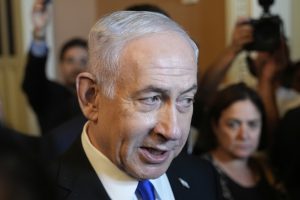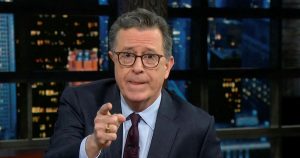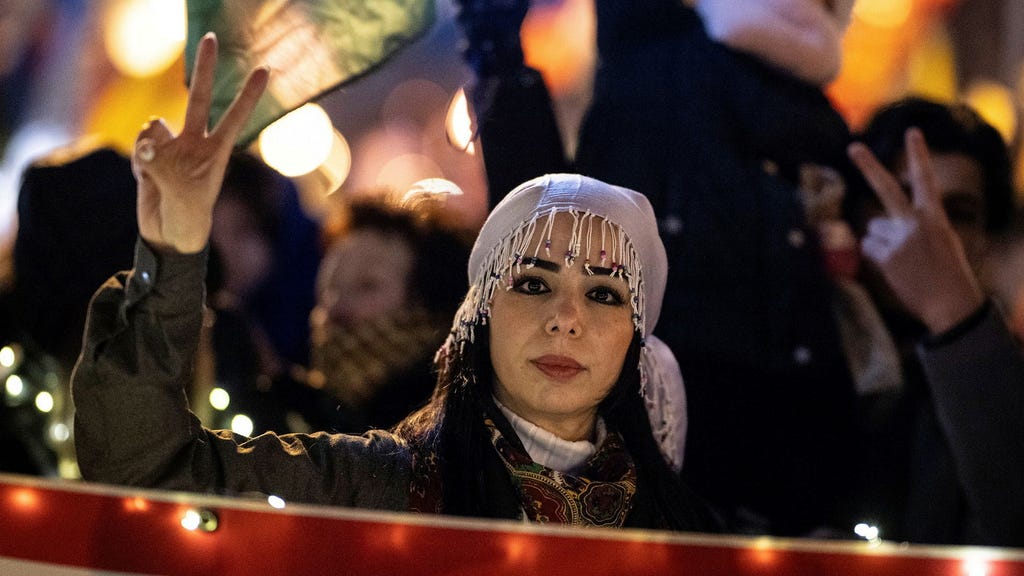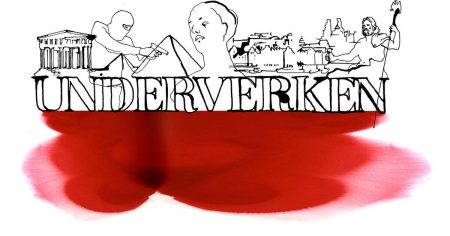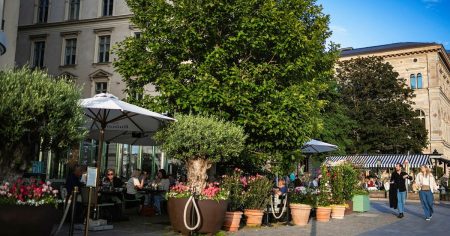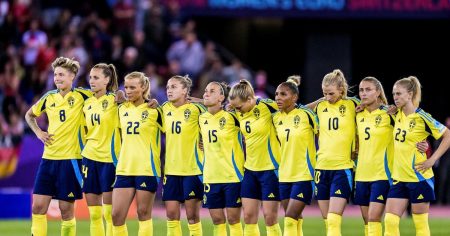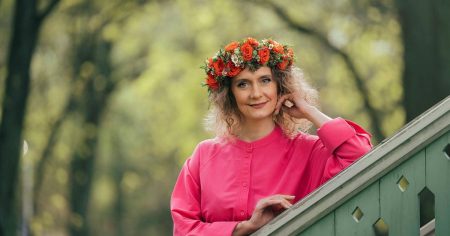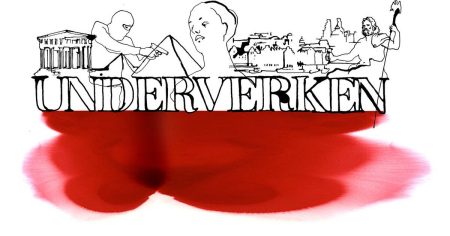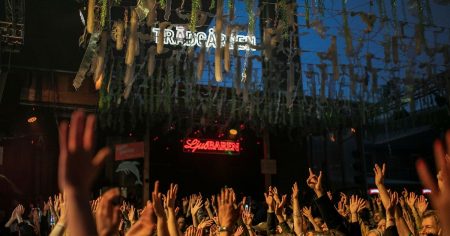The downfall of the al-Assad family in Syria on December 8, 2023, sparked celebrations amongst Syrians worldwide. A brutal reign spanning five decades, responsible for the displacement of millions of political refugees, had finally ended, providing ample cause for rejoicing. However, the future of the region remains uncertain, especially for the Kurds in the autonomous region of northern Syria known as Rojava. Since Assad’s fall, Erdogan’s military forces have intensified their attacks against the Kurdish self-governance. This renewed aggression highlights the precarious position of the Kurds and foreshadows potential further conflict and displacement in the already volatile region.
The escalating tensions are not a recent development but represent a continuation of Turkey’s long-standing conflict with the Kurdish population. Since December, Turkish drone attacks have killed Kurdish journalists Jihan Belkin and Nazim Dashdan, and the Turkish-backed Syrian National Army (SNA) is mobilizing outside the Kurdish-controlled city of Kobane. This city, which gained international attention a decade ago when Kurdish forces YPG and YPJ liberated it from ISIS, now faces a renewed threat. The international community, once lauded the Kurdish forces, now seems to stand idly by as their hard-won autonomy is jeopardized.
The shift in international sentiment towards the Kurdish cause is closely linked to Sweden’s NATO application in 2022. Turkish President Erdogan, who has waged a decades-long war against Kurds in Turkey and neighbouring countries, vetoed Sweden’s membership bid. He demanded that Sweden lift arms sanctions against Turkey, denounce Kurdish organizations, and extradite Kurdish exiles residing in Sweden. This political maneuvering underscores the precarious position of the Kurdish population, caught in the crossfire of international power plays. Their autonomy and safety are often bargaining chips in larger geopolitical negotiations, placing their future in a constant state of uncertainty.
Sweden’s eventual acceptance into NATO allows for Swedish weapons to potentially be used in Turkey’s campaign against the Kurds, while Kurds in Sweden face increasing deportations under questionable legal conditions. This situation highlights the ethical dilemma facing nations caught between strategic alliances and human rights considerations. The recent issue of the Swedish journal “Glänta,” focusing on Kurdistan, delves into this complex history of stigmatization, persecution, and exile faced by Kurds both within Sweden and internationally. The journal provides a platform for Swedish-Kurdish writers to share their experiences and perspectives through essays and poetry, giving voice to a community often marginalized in mainstream discourse.
The “Glänta” issue features contributions from both established and emerging Swedish-Kurdish authors. Younger generation writers such as Balsam Karam, Agri Ismaïl, and Zara Uzun Kjellner, offer personal essays exploring themes of displacement, family, and return. They provide intimate accounts of the Kurdish experience, offering a glimpse into the personal toll of conflict and displacement. The journal also highlights works by internationally renowned authors who sought refuge in Sweden, including Firat Ceweri, Mehmed Uzun, and Salim Barakat, showcasing the rich literary tradition of the Kurdish diaspora.
Agri Ismaïl, the issue’s editor and author of the acclaimed novel ”Hyper,” argues that Rojava has become a symbol of freedom and equality in a region dominated by authoritarian regimes and fascism. This multi-ethnic, feminist, and directly democratic experiment, which has survived for a decade, poses a challenge not only to Erdogan, who fears its potential influence on the 25 million Kurds living in Turkey, but also to the nation-state-centric world order. Ismaïl further highlights Kurdistan’s role as a testing ground for military technology by surrounding states, drawing parallels with the situation in Gaza, where Israel has employed similar tactics. This comparison underscores the vulnerability of stateless populations to exploitation and violence, often without accountability or international intervention. The journal’s focus on Kurdistan sheds light on the ongoing struggles of the Kurdish people, emphasizing the urgent need for international attention and support for their right to self-determination and a peaceful future.


